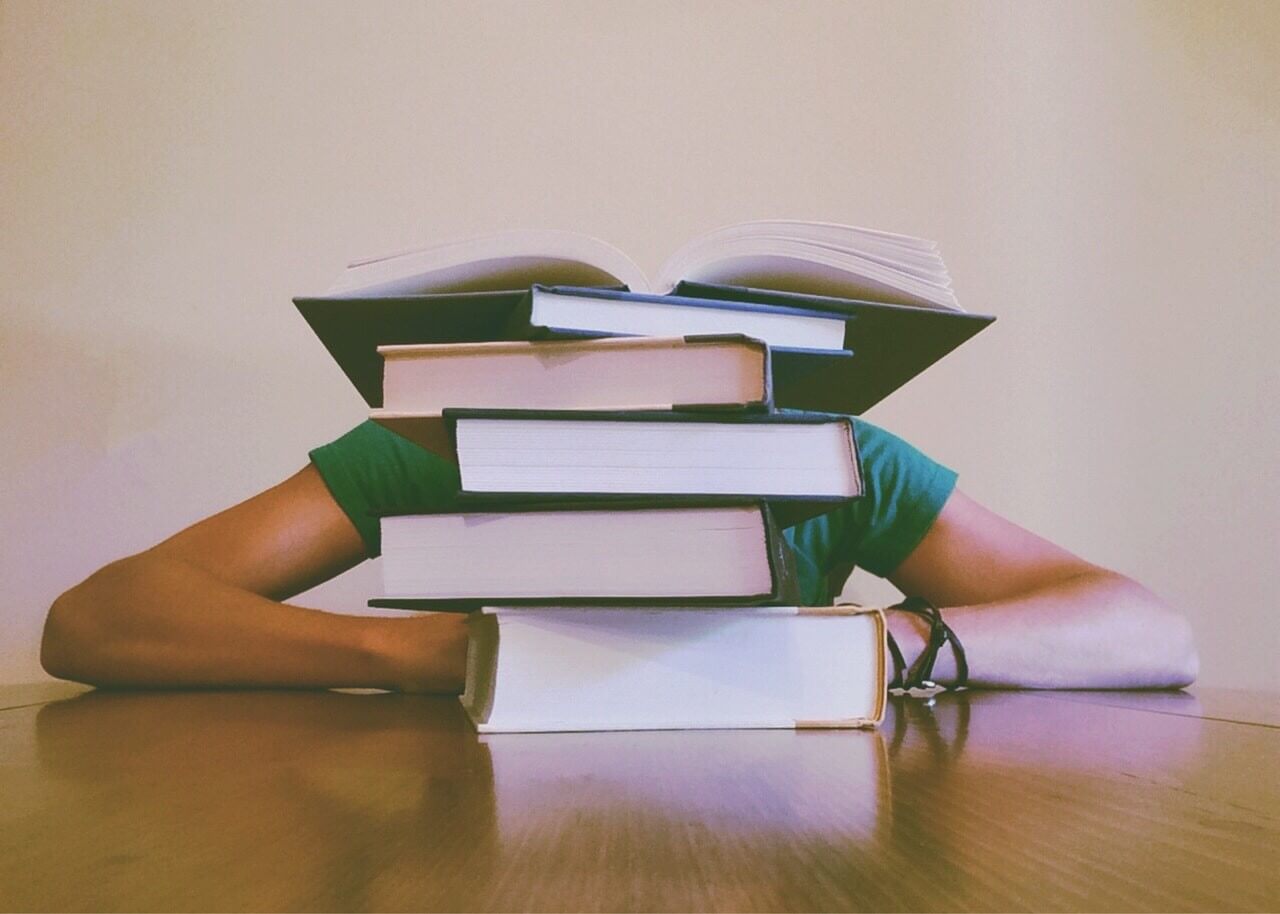You are excited, scared, and finally on your own. No more designated curfew or bed time, now it’s up to you to create your own schedule. Take it from me, no matter who advises you against it, you will probably spend the first few months of your new college life staying up late and sleeping just enough to get by. Don’t worry, after you have had your fun and can’t keep your eyes open any longer, you can check back with us for some advice.
Going to college is like putting your brain through a marathon…every quarter or semester. Just like your body needs rest after training, your brain needs time to recover and recharge. Lack of sleep can lead to mood disorders, weight gain, and even increase the risk for type 2 diabetes.1 The Center for Disease Control recommends that the average adult needs at least7 hours of sleep per day. Many Americans don’t get the recommended amount of sleep. In fact, almost 70% of high school students get less than 7 hours of sleep per day.2 Thankfully, small daily habit changes can add up in sleep time. Here are 5 quick changes you can make to put more “zzz’s” in your sleep piggy bank.
Don’t linger
A warm, cozy bed is hard to leave, especially if you are already drained. It’s easy to reach for your phone and browse social media for a while before you get up. When you wake up, take a quick moment to stretch and then promptly get yourself up and out of bed. Don’t keep your blinds closed, open the window as soon as you have a chance to let some natural light in, promoting your brain’s natural “wake up” response.
Schedule your Power Hour
The way you begin your day sets the tone for the remainder of it. No matter what you have on your to-do list, dedicate the first hour of your day to success, whether it’s getting in a workout, doing the dishes, making a green smoothie, or doing some journaling. By being productive during your Power Hour, you can boost your mood and energy.
Stop fighting it
Feeling tired and want to take a nap? If you have the time, don’t fight it. Some sleep is better than no sleep, even if it means sleeping during the day. The National Sleep Foundation states, “While naps do not necessarily make up for inadequate or poor-quality nighttime sleep, a short nap of 20-30 minutes can help to improve mood, alertness and performance. Nappers are in good company: Winston Churchill, John F. Kennedy, Ronald Reagan, Napoleon, Albert Einstein, Thomas Edison and George W. Bush are known to have valued an afternoon nap.”3 Harvard Health suggests that you aim for a short snooze to prevent long-nap grogginess.4
Hide the cell phone
About an hour before you crash, hide away your electronic devices. Blue light from cell phones, computers, and TVs can stimulate the brain, making it difficult to fall asleep. Blue light suppresses melatonin, the hormone that induces sleep and regulates your circadian rhythm.5 A recent survey by Common Sense Media found that adults spend an average of 9 hours and 22 minutes per day in front of screens including computers, TVs, phones, and tablets.6 Do your body and brain a favor by cutting back.
Make a ritual
Bedtime routines are something we are taught to do from a young age; our parents reminded us to “start getting ready for bed” by brushing our teeth, putting on PJs, and taking the opportunity to beg them for a snack one last time. In the same way, create a nightly routine that helps your body wind down. This could include turning on calming music, dimming the lights, practicing yoga, or reading a book about an hour before you want to fall asleep. The mind thrives on routine.
As Dalai Lama once said, “Sleep is the best meditation”. Grab a sleeping mask and pillow!
Sources:
- Sleep and Disease Risk. Harvard University.http://healthysleep.med.harvard.edu/healthy/matters/consequences/sleep-and-disease-risk. Reviewed December 18, 2007. Accessed September 14, 2018.
- Short Sleep Duration Among US Adults. Centers for Disease Control and Prevention. https://www.cdc.gov/sleep/data_statistics.html. Reviewed May 2, 2017. Accessed September 14, 2018.
- National Sleep Foundation. https://www.sleepfoundation.org/sleep-topics/napping. Accessed September 14, 2018.
- Napping may not be such a no-no. Harvard Health. https://www.health.harvard.edu/newsletter_article/napping-may-not-be-such-a-no-no. Published November 2009. Accessed September 14, 2018.
- Scary Ways Technology Affects Your Sleep. org. https://sleep.org/articles/ways-technology-affects-sleep/. Accessed September 14, 2018.
- Sheikh K. Most Adults Spend More Time on Their Digital Devices Than They Think. Scientific American. https://www.scientificamerican.com/article/most-adults-spend-more-time-on-their-digital-devices-than-they-think/. Published March 1, 2017. Accessed September 14, 2018.

